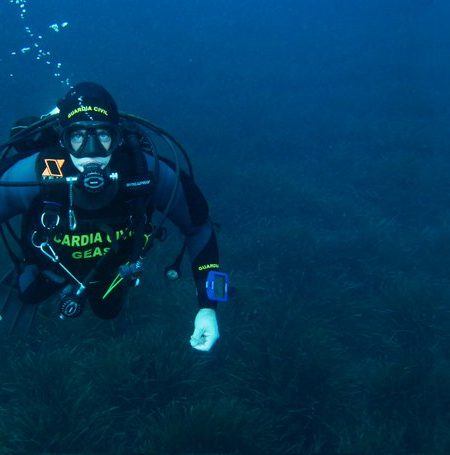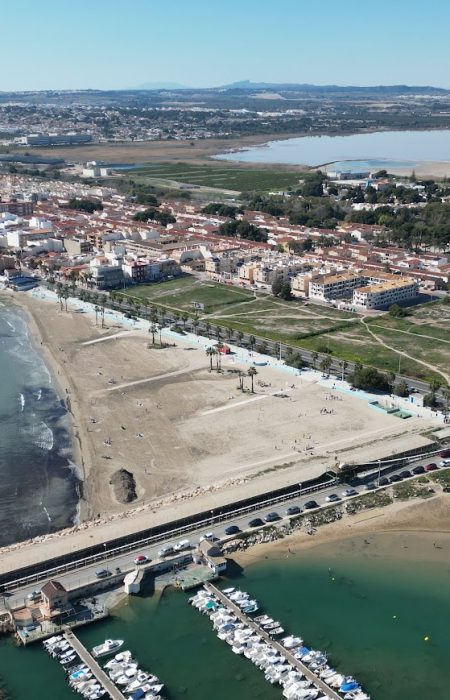As part of the processing of the new European Regulation on the Common Fisheries Policy (CFP), Rosario Martínez Chazarra, spokesperson for the Popular Party Municipal Group, presented a motion in favour of the fishing industry, which the Ordinary Plenary Session of Torrevieja City Council approved on urgent grounds on Monday, March 31st. All political parties represented in the City Council (PP, PSOE, VOX, and Sueña Torrevieja) unanimously accepted the resolution.
The urgency is justified by the fact that the European Commission is now holding a public involvement procedure for the CFP regulation’s wording, and the administrative bodies of Member States have until April 21st, 2025, to submit their recommendations.
In Torrevieja, the fishing industry has a significant socioeconomic impact. Because of its significance as a food supply, its long history in the city, its close ties to generations of Torrevieja people, and its role in the landscape and economic activities of our municipality, it is a vital and crucial sector.
In order to guarantee the sustainability of EU fisheries from an environmental, economic, and social standpoint, the Common Fisheries Policy underwent its most recent update in 2013.
In addition to the implementation of other complementary measures like enhanced selectivity, closed areas, and seasons, among others, there has been a notable decrease in fishing effort, which has reached over 40% of fishing days. The Artisanal Coastal Fishing Fleet of the Valencian Community caught 25% more in 2024 than the year before. Between 2023 and 2024, the catch grew from 15,000 tonnes valued at €81.1 million to 19,035 tonnes valued at €94.3 million. It is clear that the Torrevieja fish market played a major role in reaching these catch values.
Despite these numbers, our municipality’s fishing vessels are in a precarious position as a result of recent Council of the European Union decisions that cut the number of fishing days to just 27 annually. This action renders the city’s fishing industry, which creates a significant number of direct and indirect jobs, unviable, despite its enormous social value.
As fishermen in the Valencian Community gathered 150,000 tonnes of trash, mostly plastic, from the Mediterranean Sea last year alone, Mediterranean fishing has substantial ecological and environmental value in our sea in addition to being a major economic, tourism, cultural, and culinary asset for our municipality.
In plenary, it was decided that the appropriate body would encourage the Spanish government to ask the European Commission for all of these reasons:
- A 25% increase in catches was made possible by the extension of the fishing season to 133 days.
* - Since the catch of almost 200 species cannot be dependent on criteria specified for just one, as is the case with hake, there should be greater transparency when determining the criterion for ongoing fishing.
* - Enhance and broaden the standards used to assess the true fishing stock of the entire group of species.
* - When making significant judgements, the industry should be considered, and these decisions should be made quickly. Their way of life cannot be drastically altered annually by a political decision made in December with little warning. Since fishing is also a business activity and should be subject to the same foresight as other economic activities, the procedures for changing the number of fishing days should be made public beforehand, and the regulated term should be 10 or five years.
* - That the time horizon for reaching maximum sustainable performance beyond 2030 should be delayed by limiting the margins of change to no more than 5 to 10% per year rather than the current 70% reduction.
* - Since this rule was designed for Atlantic fisheries, not Mediterranean fisheries, it is necessary to remove the requirement to land fish that are unsuited for sale.
* - Additionally, scientists with expertise in the Mediterranean should implement the Fisheries Commission’s internal recommendations.








No Comment! Be the first one.